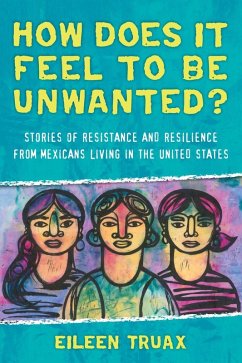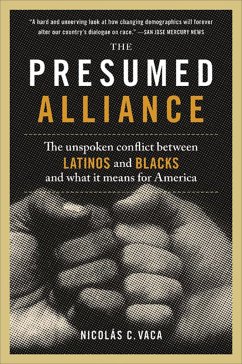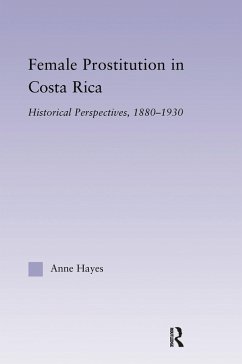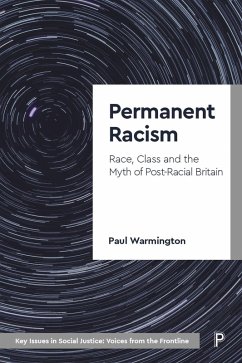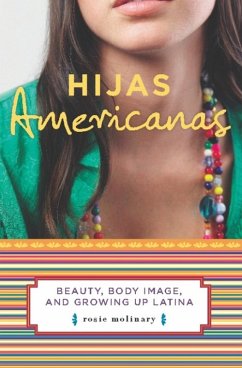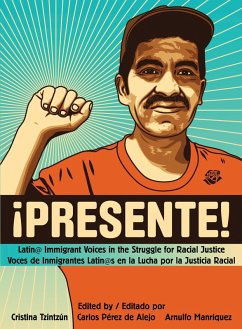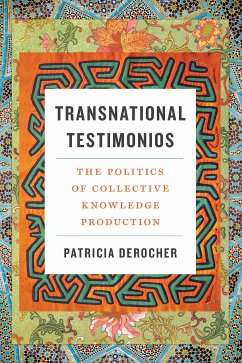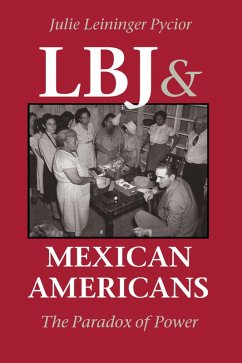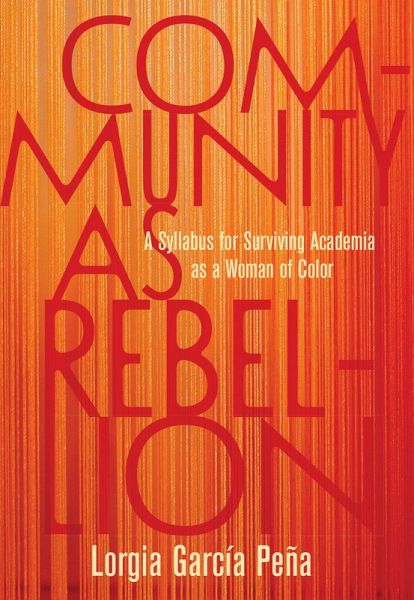
Community as Rebellion (eBook, ePUB)
A Syllabus for Surviving Academia as a Woman of Color

PAYBACK Punkte
4 °P sammeln!
An inspiring personal testimonial woven with political analysis, Community as Rebellion offers a meditation on the possibilities of creating spaces of freedom within the university for students and faculty of color who often experience violence and unbelonging due to the colonizing, racializing, classist, and unequal structures that sustain academia and the university. Sharing stories, personal reflections, and experiences, the author invites readers-in particular Black, Indigenous, Latinx, and Asian women-to engage in liberatory practices of boycott and abolition, in contrast with the univers...
An inspiring personal testimonial woven with political analysis, Community as Rebellion offers a meditation on the possibilities of creating spaces of freedom within the university for students and faculty of color who often experience violence and unbelonging due to the colonizing, racializing, classist, and unequal structures that sustain academia and the university. Sharing stories, personal reflections, and experiences, the author invites readers-in particular Black, Indigenous, Latinx, and Asian women-to engage in liberatory practices of boycott and abolition, in contrast with the university's tokenizing and exploitative structures that shape our experiences in the academy, and hinder our possibilities of survival and success. Paired with radical community building, these practices are necessary for survival and critical for fighting back against a system that destroys us. One key site of freedom-making in the university is the classroom. Meditating on teaching ethnic studies, the author invites teachers to think about activism and social justice as central to what she calls "teaching in freedom," a progressive form of collective learning that prioritizes subjugated knowledge, silenced histories, and the epistemologies that come from the Global South and from Indigenous, Black, and brown communities. By teaching in and for freedom we not only acknowledge the harm that the university has inflicted on our persons and our ways of knowing since its inception, but also create alternative ways to be, to create, to live, and to succeed through our work.
Dieser Download kann aus rechtlichen Gründen nur mit Rechnungsadresse in A, D ausgeliefert werden.





